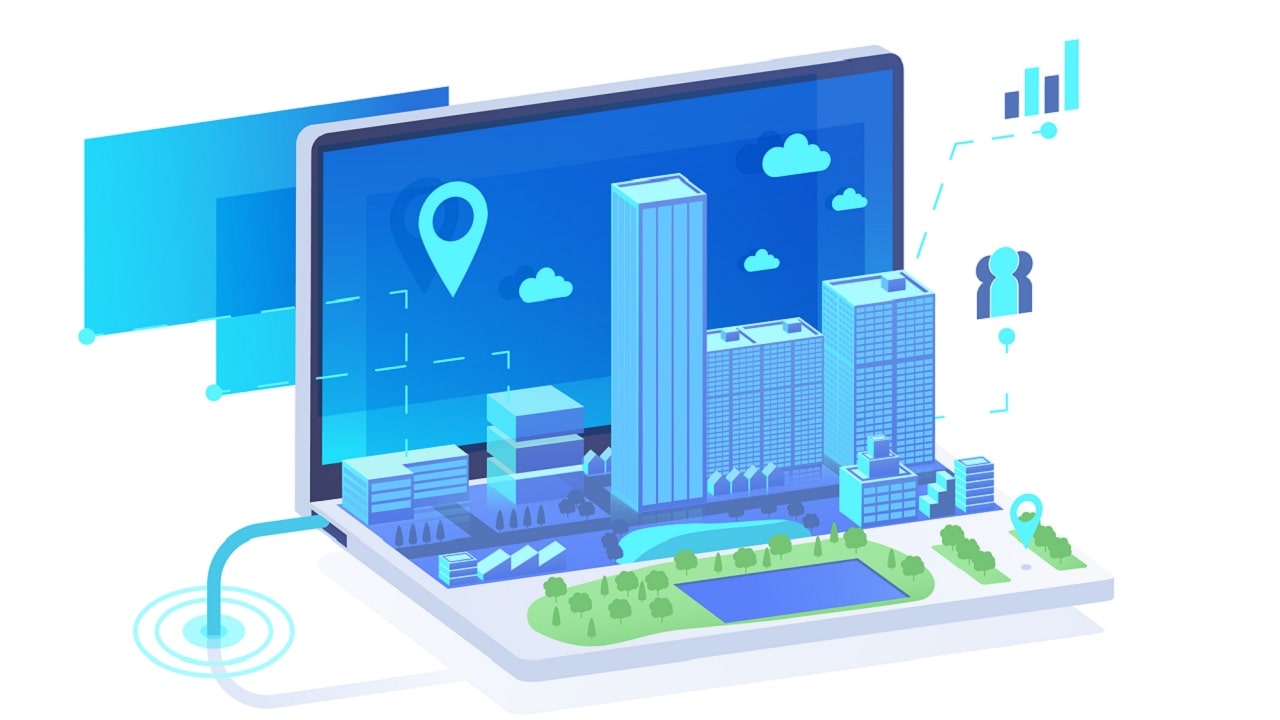An experiment conducted by a team of scholars from Google and Stanford University he put to the test 25 AI bots in a virtual citywhere they exhibited behaviors surprisingly human.
25 bots in a virtual city: how does AI perform?
In their research, still awaiting review by other expertsscholars have used the language model GPT-3.5 on OpenAI to create 25 “generative agents”. Able to “simulate plausible human actions” such as having breakfast, going to work or performing a specific activity such as painting or writing.
The agents lived in a virtual city called “Smallville“, where they could move between school, cafes and bars (and probably unaware that Clark Kent is Superman). Basically, it was like a game of “The Sims”, but without any human guidance. Indeed, the environment of the experiment was “inspired” by the video game, “where users can interact with a small town of 25 agents using natural language.”

Scholars observed that their agents were able to “produce plausible individual and social actions.” For example, an agent tried to arrange a Valentine’s Day party by sending invitations and setting a time and place for the party. A competition for mayor of Smallville also spawned the kind of intrigue one would expect in a small town.
“To put it bluntly, I don’t like Sam Moore”said an officer named Tom when asked about his opinion on the mayoral candidate. “I think he doesn’t connect with the community and doesn’t care about our interests.”
Some bots have even attempted to go indoors after certain hours. In short, another demonstration of the fact that the‘Generative AI is very… human indeed. Or at least, he knows how to simulate us perfectly.
An AI expert from the University of Oxford, Michael Wooldridgewho wasn’t involved in the research, told Insider the findings are “advancement” toward the goal of general AI.















Leave a Reply
View Comments